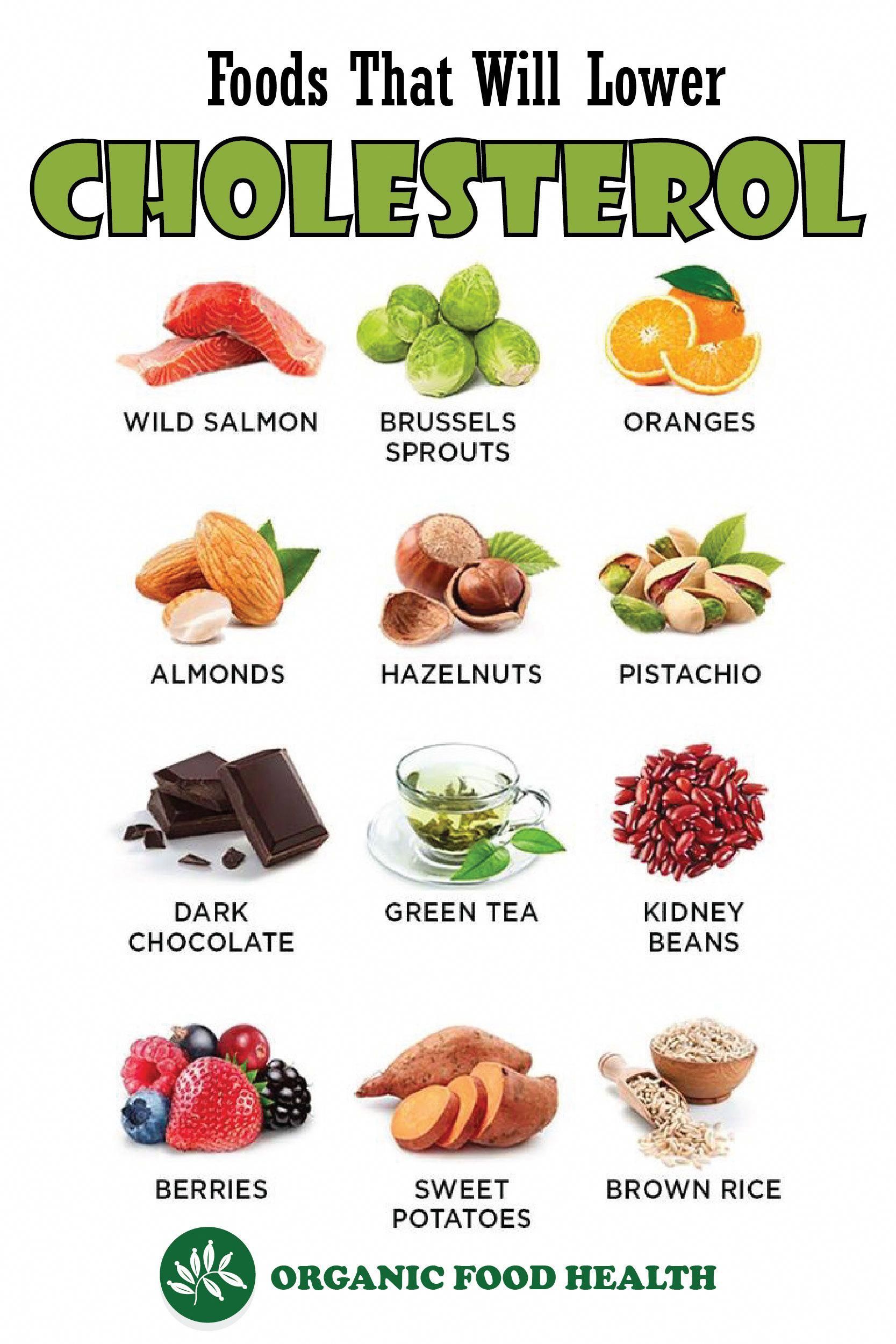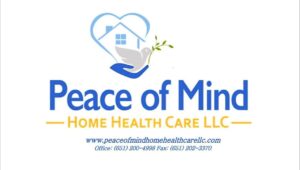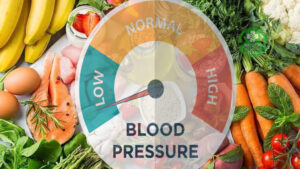High cholesterol levels are a major concern for many individuals, as they can significantly increase the risk of heart disease and other serious health conditions. While medication can help manage cholesterol levels, making changes to your diet can also play a crucial role in lowering cholesterol naturally. By incorporating certain foods into your daily meals, you can effectively reduce your cholesterol levels and improve your overall health. In this article, we will explore the top foods that can help you lower your cholesterol.
The Role of Cholesterol in Our Health
Before diving into the specific foods that can lower cholesterol, it is important to understand the role of cholesterol in our health. Cholesterol is a waxy substance that is produced by the liver and is also found in certain foods. While cholesterol is necessary for many bodily functions, excessive levels can lead to the formation of plaque in the arteries, restricting blood flow and increasing the risk of heart disease.
There are two types of cholesterol: low-density lipoprotein (LDL) and high-density lipoprotein (HDL). LDL cholesterol is often referred to as “bad” cholesterol as it contributes to the buildup of plaque in the arteries. On the other hand, HDL cholesterol is known as “good” cholesterol as it helps remove LDL cholesterol from the bloodstream.
Foods That Can Lower Cholesterol
1. Oats: Oats are a great source of soluble fiber, which can help reduce LDL cholesterol levels. Start your day with a bowl of oatmeal or incorporate oats into your baking recipes to enjoy their cholesterol-lowering benefits.
2. Fatty Fish: Fatty fish such as salmon, mackerel, and sardines are rich in omega-3 fatty acids, which can help lower cholesterol levels. Aim to include fatty fish in your diet at least twice a week to reap the benefits.
3. Nuts: Nuts, including almonds, walnuts, and pistachios, are packed with heart-healthy fats, fiber, and plant sterols. These components can help lower LDL cholesterol levels and reduce the risk of heart disease.
4. Olive Oil: Olive oil is a staple in the Mediterranean diet and is known for its numerous health benefits. It is rich in monounsaturated fats, which can help lower LDL cholesterol levels when used in moderation.
5. Legumes: Legumes such as beans, lentils, and chickpeas are low in fat and high in fiber. Consuming legumes regularly can help lower LDL cholesterol levels and improve heart health.
6. Avocados: Avocados are not only delicious but also rich in monounsaturated fats, fiber, and plant sterols. Adding avocados to your diet can help lower LDL cholesterol levels and improve overall heart health.
7. Fruits and Berries: Fruits and berries are not only tasty but also packed with antioxidants and fiber. Apples, grapes, strawberries, and citrus fruits can all contribute to lower cholesterol levels.
8. Garlic: Garlic has been used for centuries for its medicinal properties. Studies have shown that garlic can help lower LDL cholesterol levels and reduce blood pressure.
9. Dark Chocolate: Yes, you read it right! Dark chocolate, in moderation, can provide numerous health benefits. It is rich in antioxidants and can help improve heart health by reducing LDL cholesterol levels.
10. Green Tea: Green tea is known for its antioxidant properties and can help lower LDL cholesterol levels. Swap your regular cup of tea or coffee with green tea to enjoy its cholesterol-lowering benefits.
The Importance of a Balanced Diet
While incorporating these cholesterol-lowering foods into your diet is beneficial, it is crucial to remember the importance of a balanced diet overall. Eating a variety of nutrient-rich foods, including whole grains, lean proteins, fruits, vegetables, and healthy fats, is essential for maintaining optimal cholesterol levels and overall health.
Additionally, it is necessary to limit the consumption of saturated fats and trans fats, as they can raise LDL cholesterol levels. Foods high in saturated fats include red meat, full-fat dairy products, and processed foods. Trans fats are often found in fried and commercially baked goods.
FAQs (Frequently Asked Questions)
-
1. Can I lower my cholesterol without medication?
Yes, adopting a healthy lifestyle, including a balanced diet and regular exercise, can help lower cholesterol levels naturally. However, for individuals with severely high cholesterol or underlying health conditions, medication may be necessary.
-
2. How long does it take to lower cholesterol through diet?
The time it takes to lower cholesterol through diet can vary depending on various factors, including the individual’s starting cholesterol levels and adherence to a healthy diet. In general, significant improvements can be seen within a few weeks to a few months.
-
3. Can I still enjoy occasional treats while trying to lower my cholesterol?
Yes, it is possible to enjoy occasional treats while trying to lower cholesterol. However, it is important to consume them in moderation and focus on overall healthy eating patterns.
-
4. Are all fats bad for cholesterol?
No, not all fats are bad for cholesterol. Healthy fats, such as monounsaturated and polyunsaturated fats found in foods like avocados, nuts, and olive oil, can actually help lower LDL cholesterol levels.
-
5. Can exercise help lower cholesterol?
Yes, regular physical activity can help raise HDL (good) cholesterol levels and lower LDL (bad) cholesterol levels. Aim for at least 150 minutes of moderate-intensity exercise per week.
Conclusion
Incorporating cholesterol-lowering foods into your diet can have a significant impact on your overall health. Oats, fatty fish, nuts, olive oil, legumes, avocados, fruits, berries, garlic, dark chocolate, and green tea are all excellent additions to a cholesterol-lowering diet. However, it is important to remember that a balanced diet, along with regular exercise and lifestyle changes, is key to effectively lowering cholesterol levels. By making these changes, you can take control of your cholesterol levels and reduce the risk of heart disease and other related health conditions.
References
1. Mayo Clinic: “Top 5 Foods to Lower Your Cholesterol”
2. American Heart Association: “How to Lower Cholesterol with Diet”
3. Harvard Health Publishing: “11 Foods That Lower Cholesterol”
4. Medical News Today: “What to Know About Cholesterol”
FAQs (Frequently Asked Questions)
-
1. Can I lower my cholesterol without medication?
Yes, adopting a healthy lifestyle, including a balanced diet and regular exercise, can help lower cholesterol levels naturally. However, for individuals with severely high cholesterol or underlying health conditions, medication may be necessary.
-
2. How long does it take to lower cholesterol through diet?
The time it takes to lower cholesterol through diet can vary depending on various factors, including the individual’s starting cholesterol levels and adherence to a healthy diet. In general, significant improvements can be seen within a few weeks to a few months.
-
3. Can I still enjoy occasional treats while trying to lower my cholesterol?
Yes, it is possible to enjoy occasional treats while trying to lower cholesterol. However, it is important to consume them in moderation and focus on overall healthy eating patterns.
-
4. Are all fats bad for cholesterol?
No, not all fats are bad for cholesterol. Healthy fats, such as monounsaturated and polyunsaturated fats found in foods like avocados, nuts, and olive oil, can actually help lower LDL cholesterol levels.
-
5. Can exercise help lower cholesterol?
Yes, regular physical activity can help raise HDL (good) cholesterol levels and lower LDL (bad) cholesterol levels. Aim for at least 150 minutes of moderate-intensity exercise per week.
Summary
Lowering cholesterol levels is crucial for maintaining good heart health and reducing the risk of heart disease. Incorporating specific foods into your diet can help lower LDL cholesterol levels naturally. These foods include oats, fatty fish, nuts, olive oil, legumes, avocados, fruits, berries, garlic, dark chocolate, and green tea. It is important to maintain a balanced diet overall, limiting saturated and trans fats, and incorporating regular exercise. By adopting these lifestyle changes, you can effectively lower your cholesterol levels and improve your overall health.



